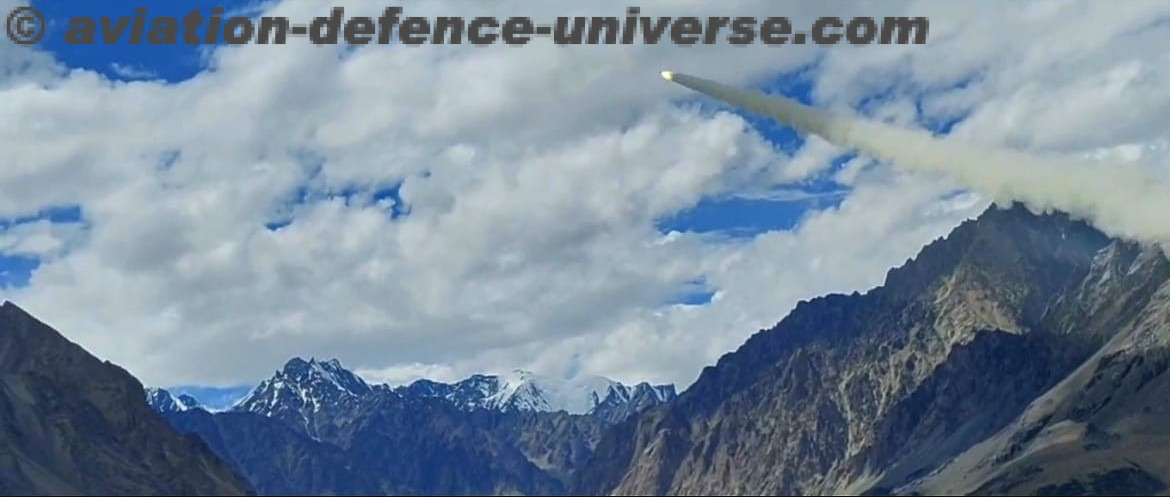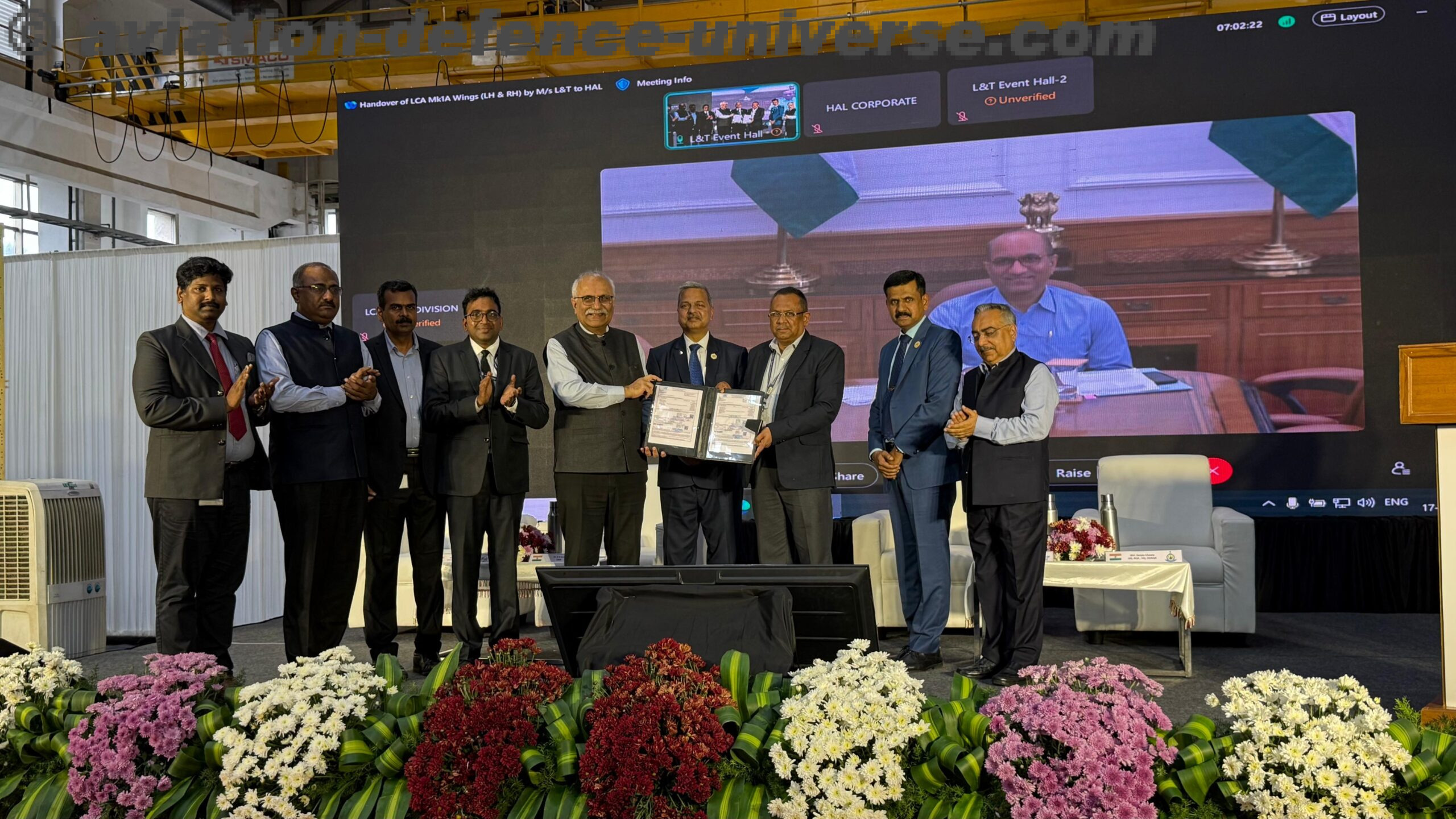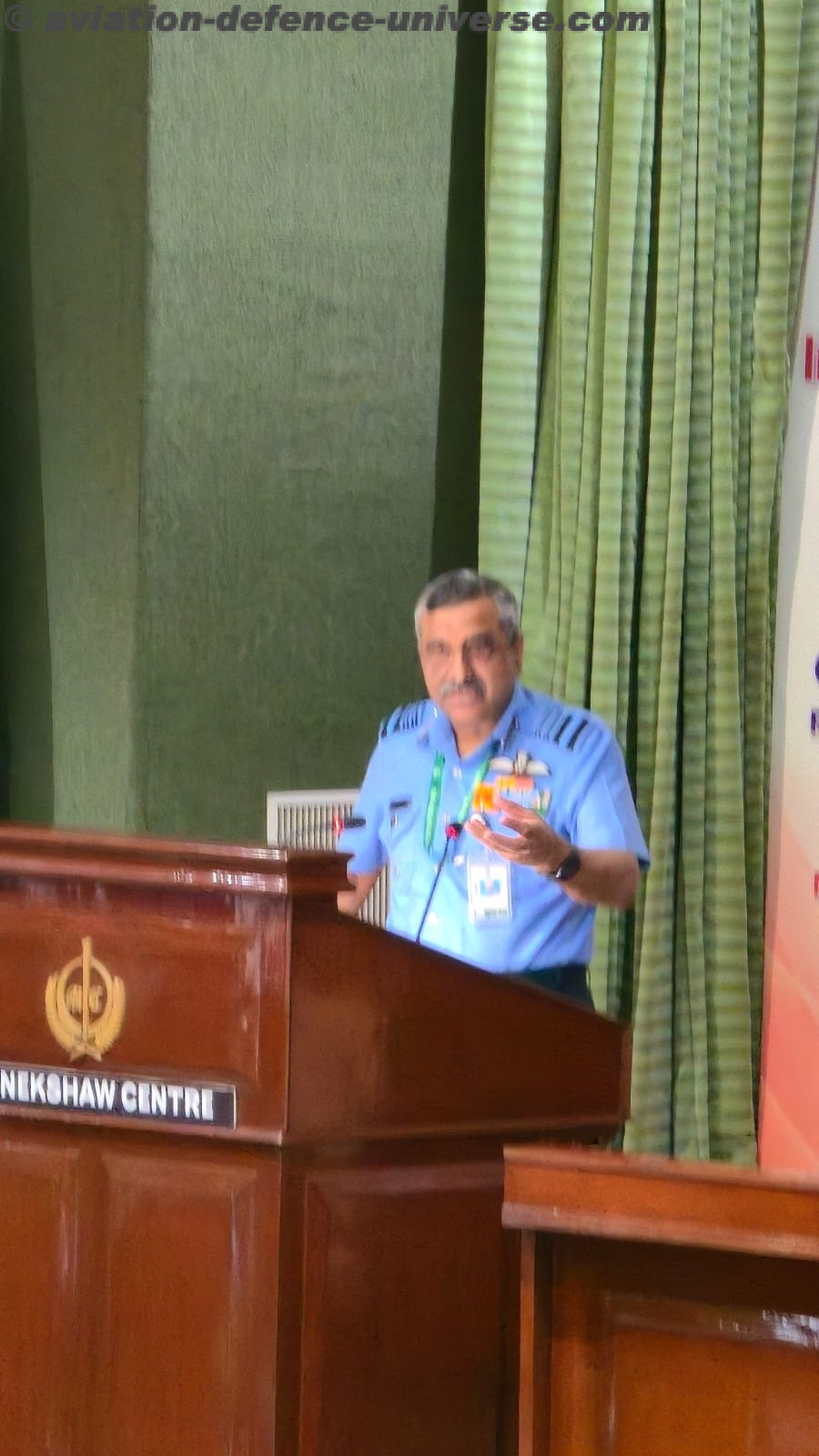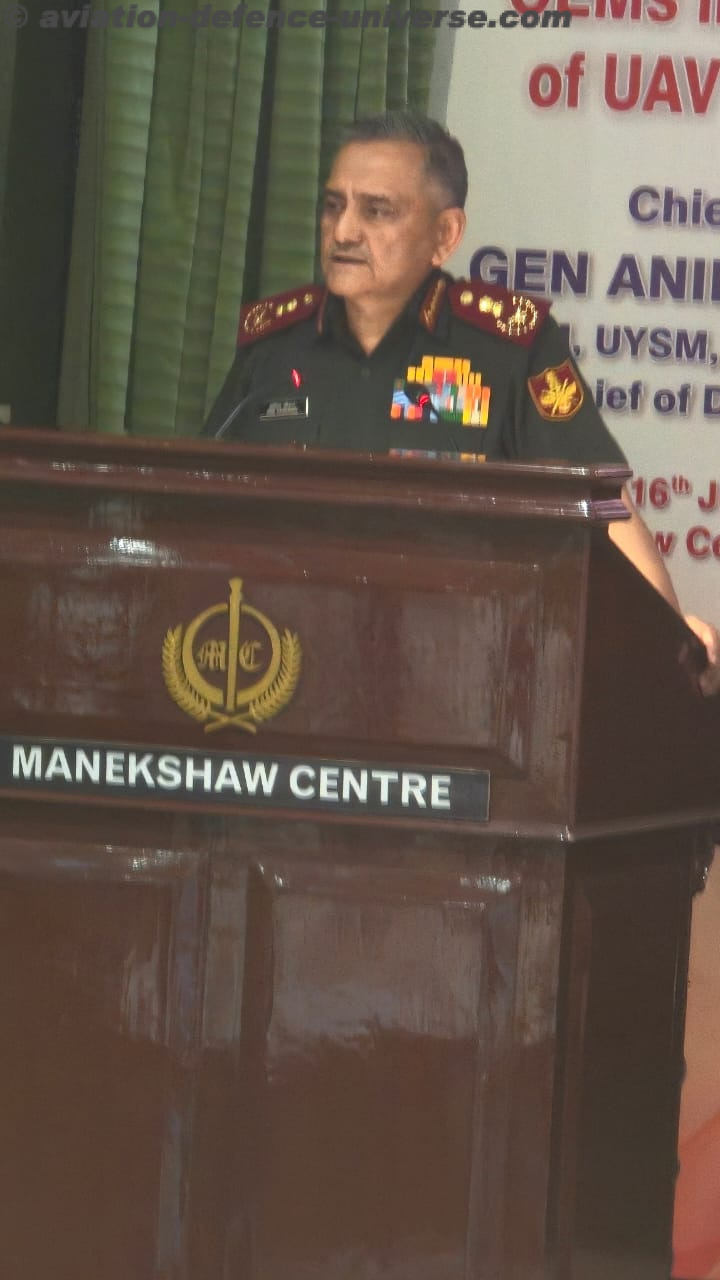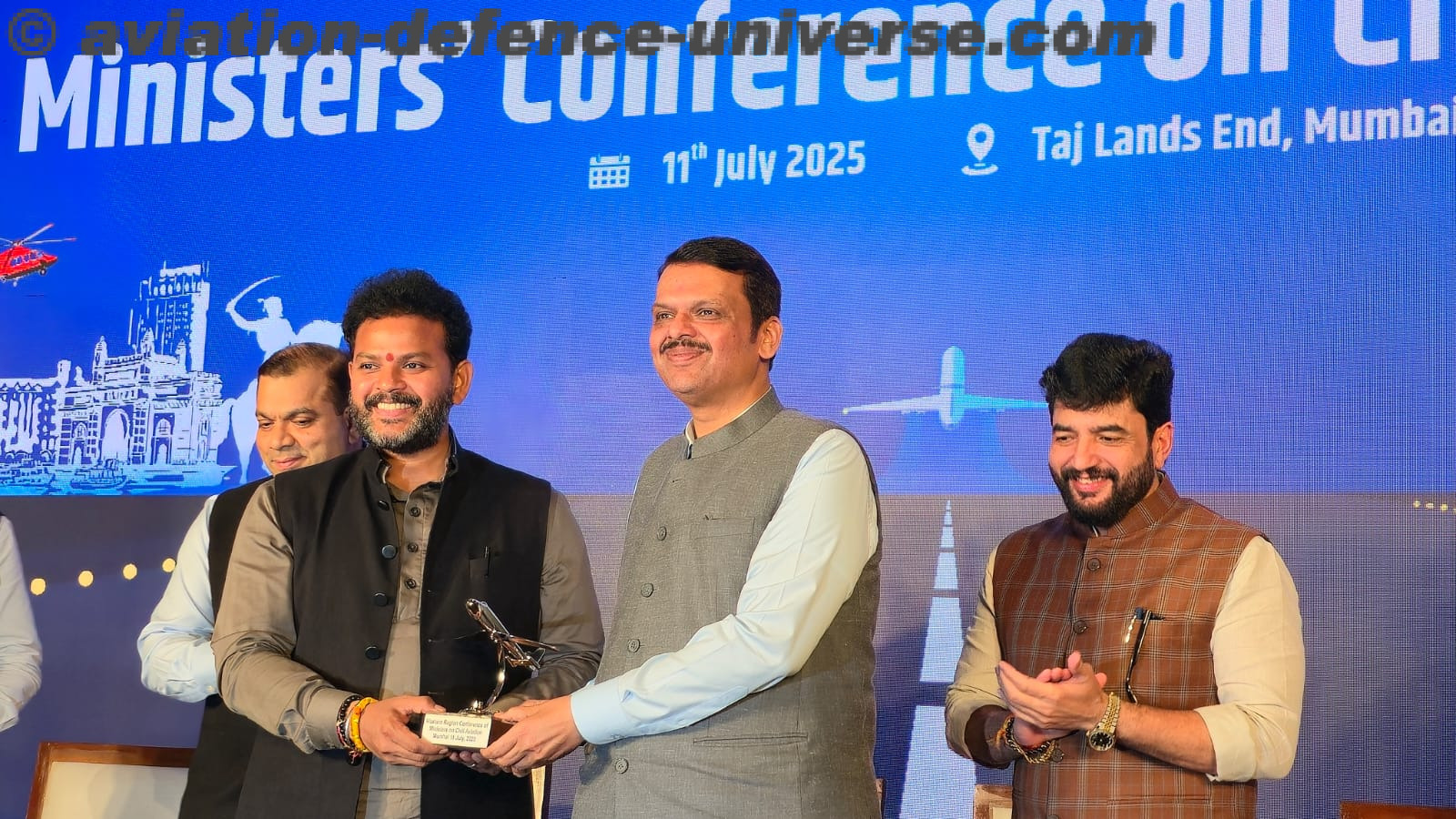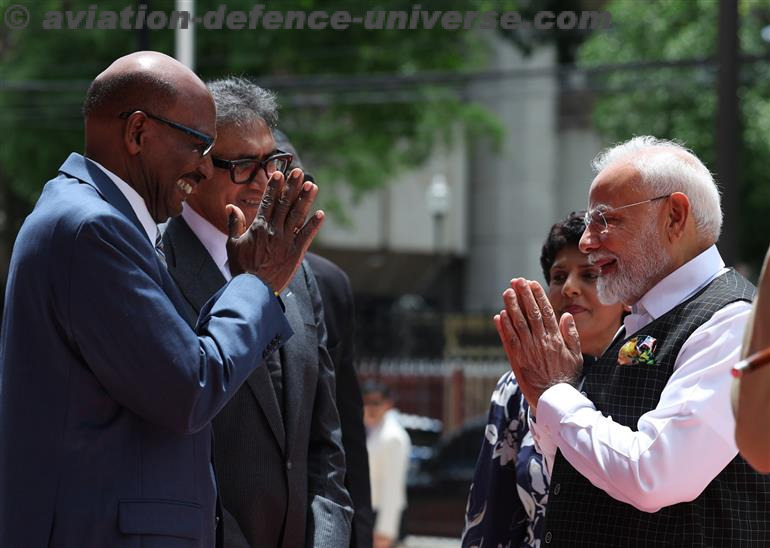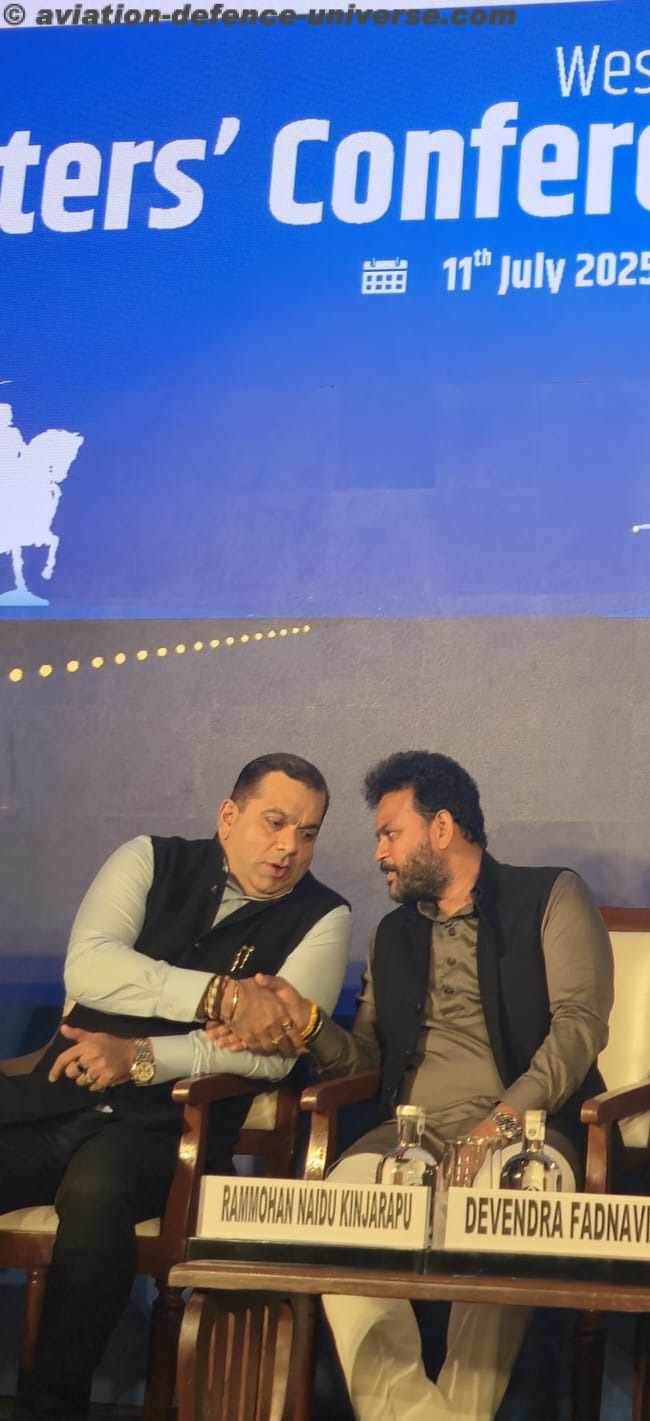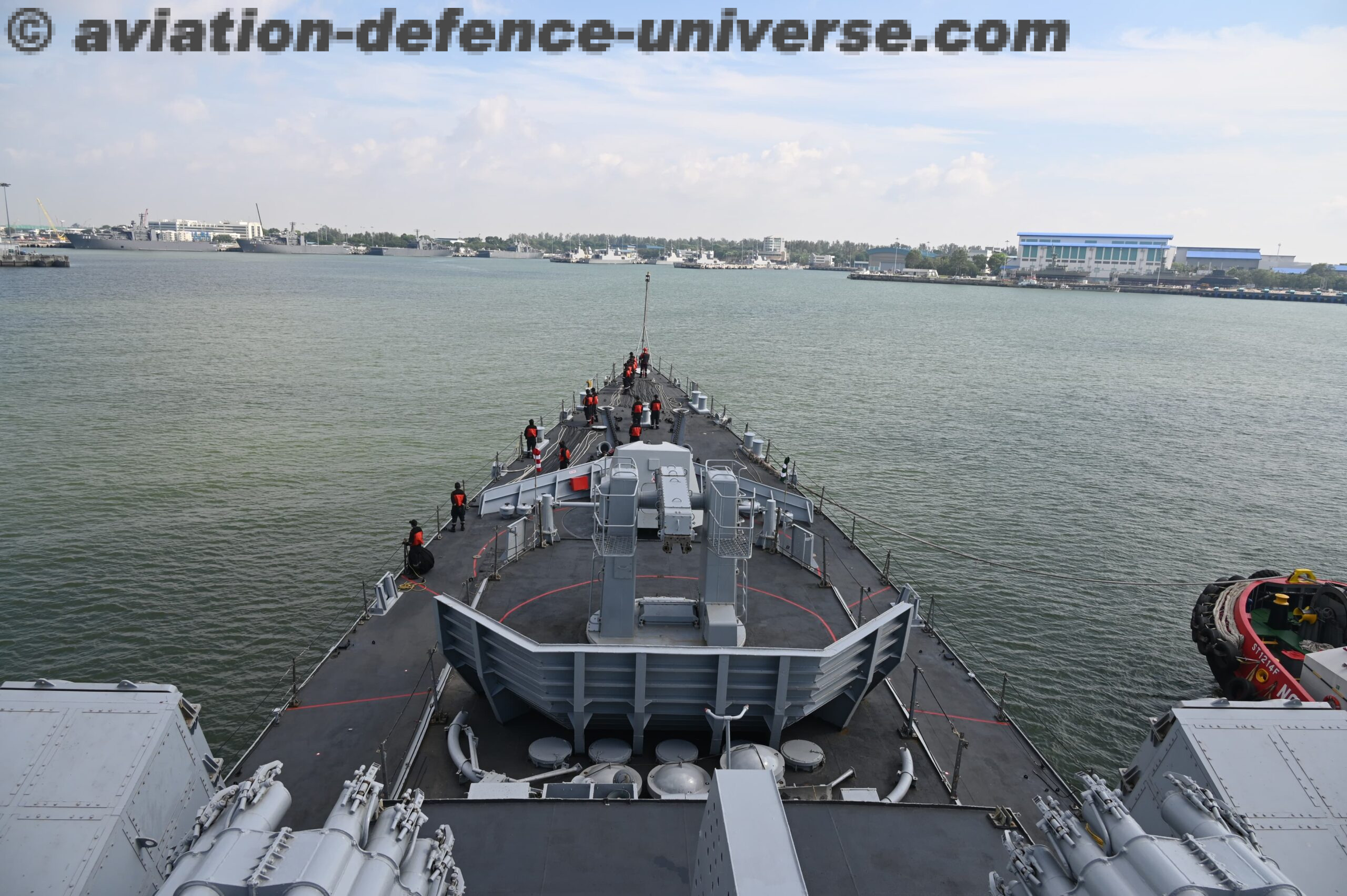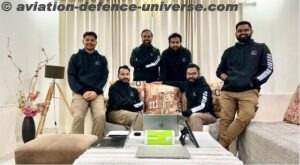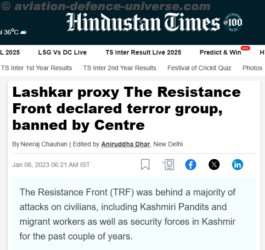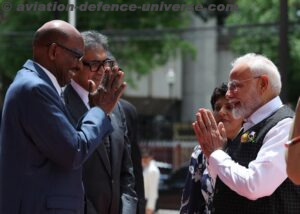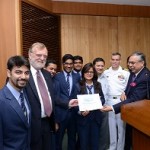 NEW DELHI. 09 March, 2016. Teams from two leading Indian universities were named winners in the Lockheed Martin (NYSE: LMT) C-130J Roll-On/Roll-Off University Design Challenge during ceremonies here on March 8.
NEW DELHI. 09 March, 2016. Teams from two leading Indian universities were named winners in the Lockheed Martin (NYSE: LMT) C-130J Roll-On/Roll-Off University Design Challenge during ceremonies here on March 8.
Lockheed Martin launched the Indian University design challenge in November 2014. The company provided research grants for each university team to work with local industry partners and mentors from India’s Defence Research and Development Organisation to develop design specifications for proposed modules that could be used on a Lockheed MartinC-130J Super Hercules cargo aircraft. The Indian Air Force operates a fleet of five C-130J Super Hercules aircraft and is on contract to receive six more.
The winning teams for the challenge are from Indian Institute of Technology (IIT) Chennai and University of Petroleum and Energy Studies. The teams have been awarded grants to develop prototypes of their modules and additional mentoring to develop a go-to-market strategy. Lockheed Martin will work with each team to explore options with government and industry to mature the prototype for global markets.
“Lockheed Martin is excited to see the responses from the universities for the C-130J roll-on/roll-off concept challenge. We are committed to working with the teams to enhance their initial concepts further and bring them to maturity in the global marketplace,” said Abhay Paranjape, director of Air Mobility Business Development for India at Lockheed Martin. “All of the teams participating in this program provided unique insight and unmatched enthusiasm for expanding the C-130’s already robust capabilities. There is a very real need for the solutions proposed by these teamsin India and around the world.”
Along with IIT Chennai and UPES, teams from three additional universities — IIT Delhi, Delhi Technological University and Birla Institute of Technological Studies Pilani-Goa Campus — participated in the design challenge.
The roll-on/roll-off mission capability packages can be installed onto and removed from, the C-130J within 30 minutes. When specialized mission capabilities are not required, the mission systems pallet can be removed, and the C-130J re-tasked as a medium range cargo aircraft for either military or humanitarian operations.The proposed capabilities presented by the winning teams in this competition are expected to increase efficiency and effectiveness of future disaster relief operations supported by C-130J aircraft.
Lockheed Martin C-130J Roll-On/Roll-Off University Design Challenge winners
Hits 2,802
- A New Transatlantic Partnership for European CCA
- BonV Aero’s Homegrown Dual-Use eVTOLs set to Support Frontline and Beyond
- Topcast becomes the authorized distributor of Druck in China and the APAC region
- Magma Aviation Joins Industry Leaders at Air Cargo Europe 2025
- Viasat providing advanced satellite internet connectivity to Aeromexico’s Embraer E190 fleet
- Ultra Electronics Installs the First S2150 Hull Mount Sonar on Royal Navy Type 23 Frigate HMS Portland
- Airbus C295W to be a part of Bangladesh Army
- BAE Systems regional aircraft plans launch ofAvro RJ freighter
- Gardner Aerospace sees130% production increase
- Marshall Aerospace delivers 400th production auxiliary fuel tank for Boeing’s P-8
- Kallman Salutes National Export Week to Build Confidence in Global Trade Partnerships
- BIRD Aerosystems & Sierra Nevada Corporation Enter Airborne Missile Protection System Agreement
- Kingston Technology Tops List of Supplier Channel SSD Shipments in 2022
- Ukrainian defence ministry signs contract with Thales and French Ministry for the Armed Forces
- Airbus gears up for Intersec 2023
- Gandhian non-violence philosophy guides military strategists even today
- MBDA-ISAE scholarship winners in India hosted by French embassy
- 68TH ANNIVERSARY OF KARGIL LIBERATION DAY
- Flagging off Ceremony: NCC Girls Mountaineering Expedition 2017 To Mt Ladakhi Peak
- Make in India is the mantra for IAF despite pitfalls due to DPM
- Report on TRF and Its Proxy Social Media Handle ‘Kashmir Fight’
- Narrative Brief: The Resistance Front (TRF) — Proxy of Pakistan Army & Face of Modern Terrorism in J&K
- Terrorist Designation of The Resistance Front
- India’s Global South Strategy : Modi’s 5-Nation Tour Strengthens Southern Alliances
- Aerosports to Air Cargo—Goa Positions Itself as India’s Next Aviation Powerhouse











